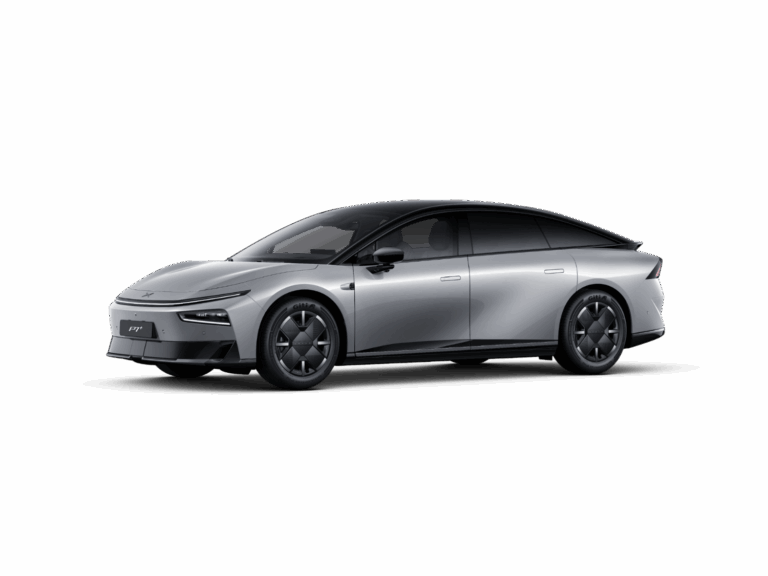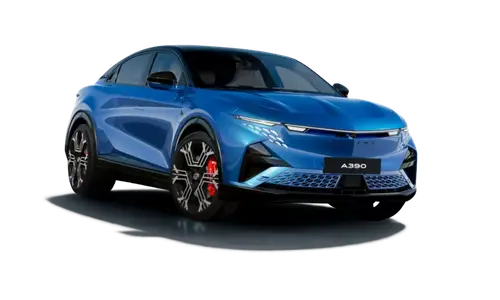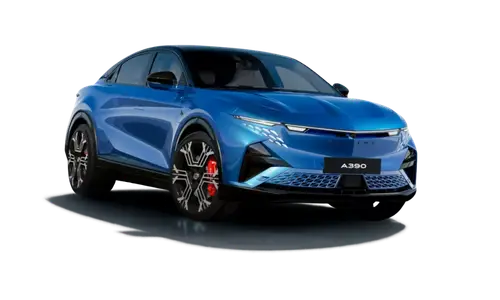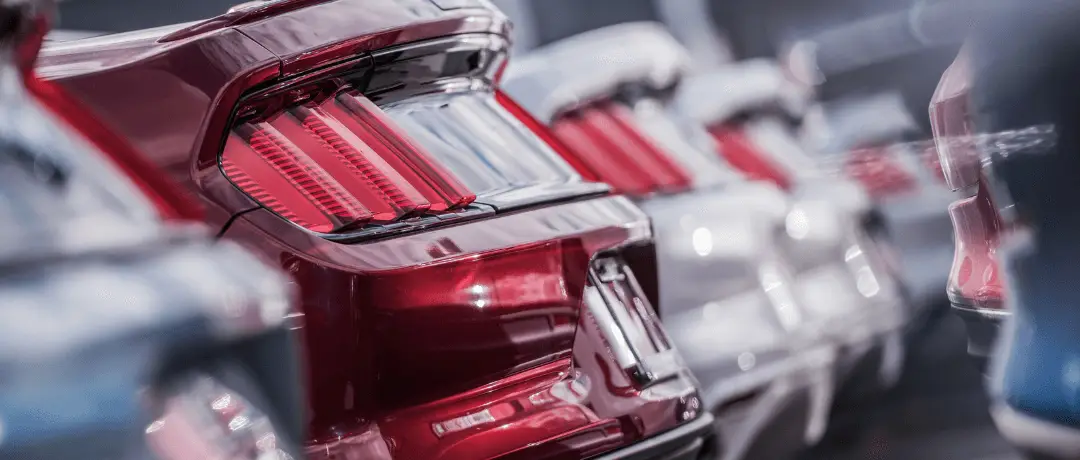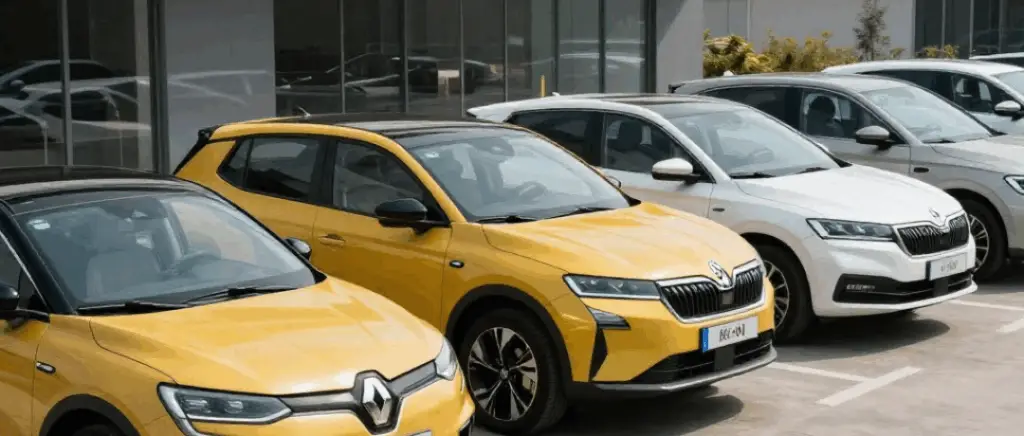What is the basis of this proposed law?
The proposed law to strengthen regulations on the decarbonisation of company fleets comes from :
- a growing awareness of the urgency of climate change
- but also the need to act quickly to reduce greenhouse gas emissions.
Its main objective is to encourage companies to increase the adoption of electric vehiclesThis will speed up the ecological transition of the automotive sector.
Key figures for the mobility sector in France
The transport sector remains France's biggest emitter of greenhouse gaseswith almost 1/3 of national emissions by 2023Of this, more than 50% is due to private cars (and almost 70% when light commercial vehicles are added).
It is also the only sector whose emissions have not fallen since 1990. The transport sector alone consumes almost half of the petroleum products imported by the countryThis would account for around 28% of France's trade deficit by 2022.
However, the National Low Carbon Strategy (SNBC) aims to completely decarbonise road transport by 2050and a cut its emissions by 40% by 2030. To meet its national and European commitments, and to reduce its dependence on imported fossil fuels, France has no choice but to rapidly implement all the levers for decarbonising mobility.
Who is behind this initiative?
Brought to you by the MP for the "Renaissance" political party, Damien Adam, was approved by the National Assembly Sustainable Development Committeethis 9 April 2024, although having caused intense reactions and was with several amendments. This breakthrough, achieved after many difficulties, preceded its presentation in plenary session to be held on 30 April.
In fact, it responds to a an urgent call for ecological transition in the mobility sector. By incorporating measures to encourage the adoption of cleaner vehicles in company fleets, this proposed law aims to Catalyse a significant shift towards more sustainable mobility.
What is the purpose of this proposed law?
This approach is in line with previous commitments, in particular those set out in the Mobility Orientation Law (LOM) and Climate Law.
Nevertheless, Damien Adam and his allies believe that these current measures in favour of ecology are insufficient. They also claim thatlack of a monitoring mechanism and adequate punishments would lead tofailure of initiatives to make fleets greener.
According to Transport & Environment, 2/3 of companies are not complying with the obligation to introduce clean vehicles through purchase or by professional leasingand almost all of them do not provide reports. As far as short-term rentals are concerned, Avere-France itself identifies a need for adjustment.
To consult : Ecological transition: 60 % of the 3,447 French companies concerned do not comply with the LOM law
This proposed law aims to put in place a more rigorous frameworkcharacterised by shorter application deadlines and substantial fines for companies that refuse to comply.
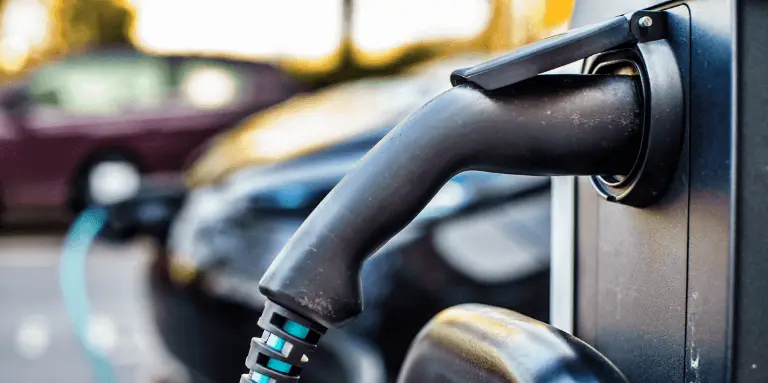
Reminder: what does the LOM law say?
The Loi d'orientation des mobilités (LOM) in 2019 is the result of the government's observation that current transport policy is out of step with global requirements and public expectations. This situation gives rise to two problems:
- La scarcity of public transport in many regions leads to dependence on the private car.
- L'climate emergencyThis is one of the most polluted areas in the world, with a high level of pollution caused by transport.
In other words, the LOM aims to radically transform mobility policy to make everyday travel more convenient, less costly and more environmentally friendly. Companies therefore need to install recharging solutions for their employees.
The companies covered by this law are those that employ more than 50 people and have a vehicle fleet more than 100 vehicles (with a total weight of less than 3.5 tonnes).
Article A26 of the LOM recommends the gradual acquisition of low-emission vehicles, with specific targets:
- 20 % from 1ᵉʳ January 2024,
- 35 % from 1ᵉʳ January 2027,
- 50 % from 1ᵉʳ January 2030.
Read also : The LOM law: what measures are needed to promote sustainable mobility?
What's new to encourage the switch to an electric fleet?
As briefly stated above, the session was characterised by lively discussions and illustrated both differences and concerns of the various political factions concerning repercussions of this legislation.
Indeed, Damien Adam's firm stance on the ambitious targets for reducing emissions has led to a series of tensionswhich led to the departure of several MEPs. Among them was Bruno Millienne of the MoDem party, who had previously been rapporteur for the Low Emission Zones (EPZ).
Read also : Low-emission zones in Europe
A new timetable for electrification quotas
As previously stated, the initial text by the Renaissance MP has been the subject of much debate, but has also undergone a number of changes via several amendments.
The amendments in question, numbering 9mainly revised the calendar of electrification quotasThe company's new website suggests flexibility in the timeframes previously proposed by Damien Adam.
As a result, the thresholds for renewing company fleets have been postponed by one year. Originally, the bill proposed to increase the rate of integration of electric vehicles in fleet renewals to :
- 30 % in 2025,
- 40 % in 2026,
- 50 % in 2027,
- 60 % in 2028,
- 70 % in 2029,
- 80 % in 2030,
- 90 % in 2031,
- and 95 % in 2032.
As a result, the transition thresholds have been postponed by one year, reducing the initial target of 30 % in 2025 to 20 %, and lowering the target of 95 % in 2032 to 90 %.
These adjustments reflect the attempt to striking a balance between environmental requirements and companies' operational constraints.
A number of penalties could be imposed
The proposed law on the transition of fleets to greener vehicles has clarified the rules governing the use of these vehicles. penalties for failure to meet new electrification targets. The amendments also introduce clarifications on penalties if companies fail to comply with regulations. One of them proposes a gradual increase in finesThis could be costly for offending companies.
The financial penalties, effective from 1ᵉʳ January 2026 and retroactive from 2025, will vary from :
- 2 000 € per missing vehicle in 2025,
- 4 000 € at 2026,
- and up to 5 000 € at 2027.
In addition, this draft law provides clarification with regard to obligations to transmit fleet data.
Originally, a company failing to provide this information risked a fine of up to €10,000The fine can be doubled in the event of a repeat offence. An amendment has now modified this provision, stipulating that the fine should not exceed "0.1 % of French sales excluding tax for the last completed financial year".
Following this, the MP Bruno Milliennethe co-rapporteur of a flash mission on the roll-out of EPZs, is critical of this slight U-turn. He believes that restricting the use of very low emission vehicles worsens the situation for companiesAll-electric vehicles do not meet all needs.
He also deplores the restriction of opportunities and the relentless pursuit of this text by MP Adam, potentially for local electoral reasons. Millienne points out that the law must not be based solely on abstract data.
Unable to get any concrete explanations, he and the Modem group left the meeting after 40 minutes.
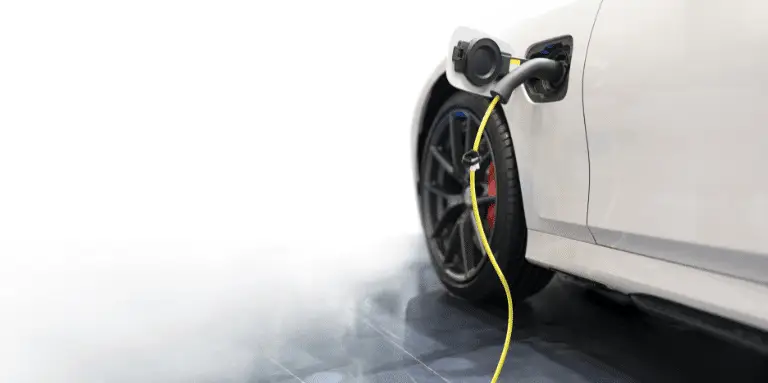
More flexibility to come
As we have seen, Damien Adam's bill aims to tighten penalties. Despite this, he wishes to include measures to promote the greening of car fleets.
Indeed, the forthcoming measures arising from the proposed law look set to be essential levers for reconciling ecological imperatives with the operational realities of businesses.
Eco-score
One of these measures is the integration of theeco-score as selection criteria for electric vehicles used by companies, in particular to compensate for the abolition of the environmental bonus of cars purchased or leased by companies. This favours the most environmentally-friendly models, offering an advantage to companies that choose efficient vehicles. An amendment has been approved accordingly.
The MP suggests offering a 20 % bonus to these eco-friendly cars. In short, a an electric car with an eco-score will weigh 1.2 instead of 1. Therefore, when updating their fleet, a company that includes 10 eligible electric vehicles will receive two administrative bonus units.
Retrofitting
Another feature of the proposed law is that it excludes rechargeable hybrid vehicles, thus favouring all-electric models. Amendments have been approved to make this provision more flexible. From now on retrofitted vehicles (conversion of internal combustion vehicles to electric) are taken into accountas well as heavy quadricycles and motorised tricycles. However, the proposal to reinstate hybrid vehicles and biofuels, supported by the Horizons, MoDem and Liot MEPs, was not accepted.
Read also : Retrofit: transform your car into an electric car
Electric commercial vehicles
Lastly, Antoine Villedieu, RN Member of Parliament, proposed a amendment to exclude commercial vehicles from the schemearguing that the electric commercial vehicles does not yet meet all the needs of fleets. This perspective is shared by MP Damien Adam, who expressed an unfavourable opinion. He pointed out that a decree in his proposed law already took account of this consistency with the availability of products, and he added that it would be useful to have a clearer definition of product availability. did not want to totally exclude connected utilitiesnoting that they are widely exported.
In addition, a specific amendment concerns short-term hire and car-sharing, proposing a progressive electrification timetable with an assessment in 2027 to adjust if necessary.
Short-term rental and car-sharing
Shortly before the bill was proposed on 9 April, professionals from the Short-term rentalgrouped together under the banner of Mobilians, invited a number of specialist journalists to voice their concerns on this subject.
As a result, Damien Adam seems to have partially taken their concerns into account with the adoption of an amendment to this effect. This includes a calendar dedicated to short-term rental and car-sharing operatorswith a review clause scheduled for 2027.
Hirers of more than 100 vehicles will be subject to these thresholds, but commercial vehicles remain an unresolved issue for short-term hirers.
What can we conclude from this?
The transition to cleaner mobility is underway, and the new bill is a strong signal of this. Although 60% of the companies affected by the LOM law are not yet complying with the current quotas, this new law is a strong signal that the transition to cleaner mobility is underway. proposed law could well spell the end of "all combustion" in vehicle fleets in the medium term.
By promoting the adoption of electric vehicles and encouraging innovation in the field of sustainable mobility, this initiative paves the way for a positive transformation of our urban environment and the way we travel.
N.B. The association Avere-France insisted on the need to remain vigilant in order to preserve a high level of ambition and to avoid any reduction in targets that could compromise the industry's efforts to decarbonise.
La plenary meeting scheduled for 30 April will mark a decisive moment for the future of this draft law. It will give rise to a debate on the best strategies for reconciling ecological requirements and economic imperatives, enabling any necessary adjustments to be made before final adoption.
For more information, we've put together a guide to this topic to explore the different aspects in depth:
Read our article about :

















